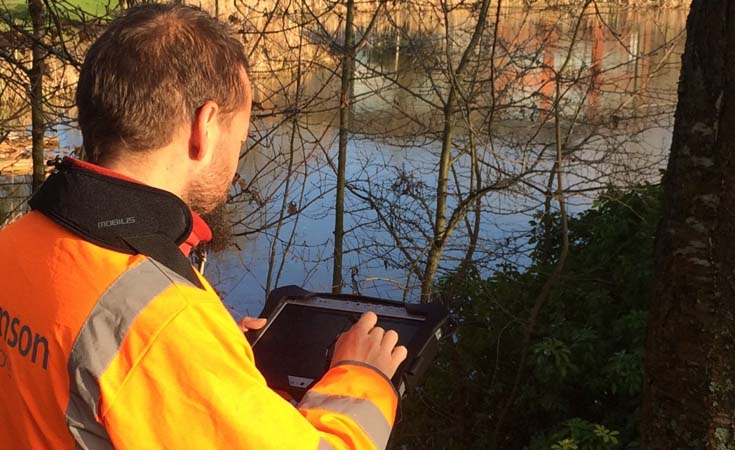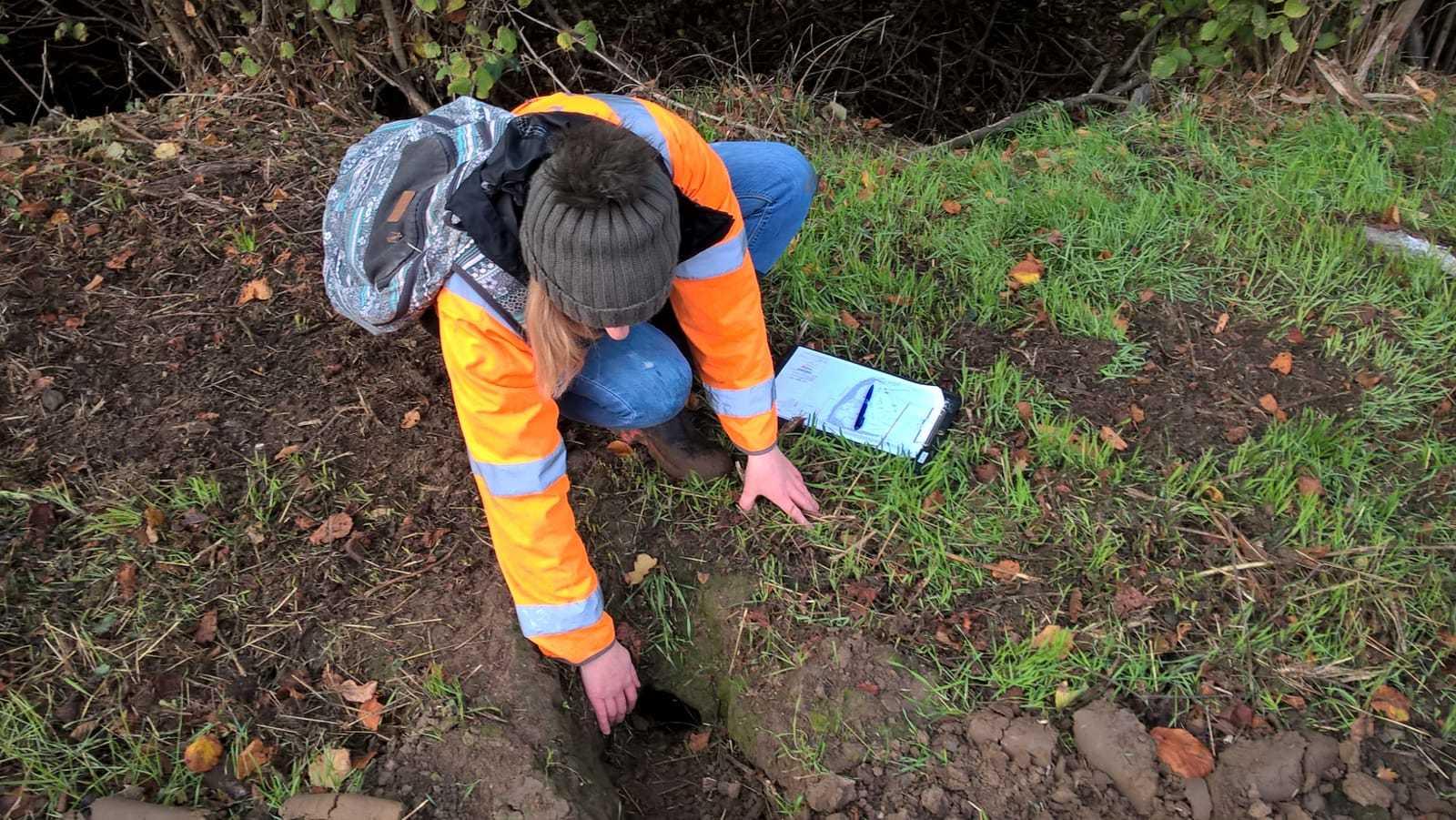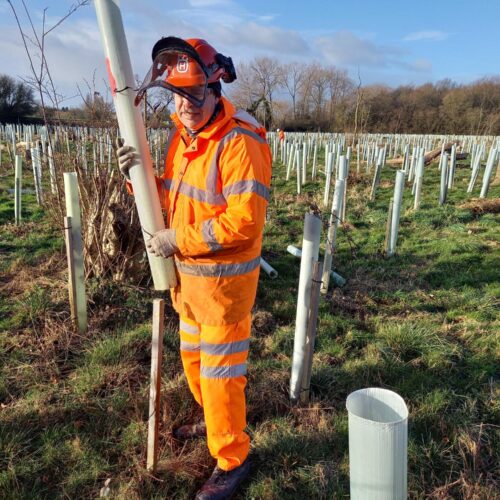There are many things to consider when planning for a development project. If no initial surveys have been carried out, a Preliminary Ecological Appraisal of a site should be considered the starting point in terms of ecology.
First port of call
Preliminary Ecological Appraisals (PEAs) are the first stage in the ecological assessment of a site. The purpose of the PEA is to identify any features of ecological value and ecological constraints within or near to a development site.
Where features of ecological importance are identified, such as habitat for protected species, ways in which the impacts on these features can be avoided or minimised in the development plans is discussed. If ecological issues, such as the likely presence of protected species, are identified on site, further surveys are likely to be recommended within the PEA to gain more detailed information on the potential impact to the development.
PEAs comprise two elements: an ecological desk study and an extended Phase 1 habitat survey.
Ecological desk study
The ecological desk study involves gathering existing data on the presence of habitats and species of conservation concern and designated sites within and near to the development site.
Extended phase 1 habitat survey

The extended Phase 1 habitat survey involves an ecologist attending site to map the range of habitats present. The ecologist produces a description of each habitat, including a plant species list, and assesses each habitat’s potential to support protected species and species of conservation concern. The ecological information gained is then provided in a technical report.
Planning requirements
PEAs can be undertaken at any time of year, but protected species are a material consideration in the planning process and government guidance requires local planning authorities to gather all the relevant ecological information, before granting planning permission for a development.
Seasonal surveys
Due to the annual behavioural cycles of certain species, many further ecology surveys that may be recommended in the PEA have to be undertaken at specific times of year, often during the spring and summer months. For example, if records of great crested newt are found to be present near to the site during the ecological desk study and a waterbody which may provide suitable aquatic habitat for great crested newt is identified on site during the extended Phase 1 habitat survey, further great crested newt presence/likely absence surveys may be recommended if the development is likely to impact the waterbody.

These further surveys may only be undertaken between mid-March and mid-June, with at least half of the surveys undertaken between mid-April and mid-May, in line with best practice guidelines.
It is therefore important to conduct a PEA of a site as early as possible in the development process to help keep a project on schedule, in case further ecology surveys are recommended. More detailed information on the further ecology surveys that may be recommended, and the times of year during which these surveys should be undertaken, can be found in the Thomson’s ecology handbook.
We can help you
As a leading independent environmental consultancy in the UK, at Thomson we regularly undertake PEAs and work closely with our clients to plan for ecology surveys early, to help minimise project delays. Where required, we can then support projects with any mitigation works. If you require expert ecological advice for any of your upcoming projects, give us a call today.











